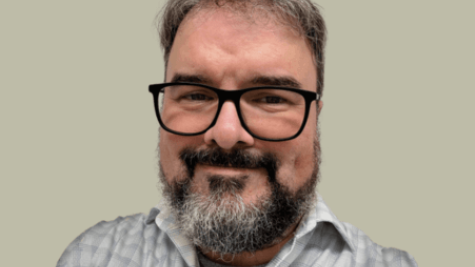Critical reflection awareness in inclusion research: The case of autism
Overview
Inclusion work often begins with good intentions but rests on unexamined assumptions about what counts as knowledge, evidence, and participation. This presentation invites emerging scholars to pause and reflect philosophically on the foundations of their research. Drawing on the philosophy of critical realism and my own work on neurodiversity and inclusion, I argue that inclusion cannot be achieved solely through improved methods. Instead, it requires a deeper examination of the epistemological and ontological commitments that underpin those methods.
We will explore how prevailing empirical traditions define and limit the concept of the “what is autism” in both qualitative and quantitative research, and how philosophical under-labouring can help us uncover hidden presuppositions. Through concepts such as immanent critique, reflexivity, and laminated systems, I demonstrate how philosophical practice can become a tool for more ethical, inclusive, and transformative inquiry. Participants will be encouraged to question their own research frames and consider how critical thought can expand the meaning of inclusion, not only in who participates in research, but also in how knowledge itself is produced and valued.
Speaker
Andrew Dixon is an interdisciplinary PhD candidate at Memorial University in St. John's, Newfoundland, specializing in neurodiversity and developing more inclusive workplaces. He is a research associate with IDEA Hub 1, Workplace Systems and Partnerships.
Dixon holds a Master’s in Philosophy (Humanities) from Memorial University and a BA in history from the Royal Military College. Dixon is skilled in qualitative methods and evidence synthesis. His PhD work primarily focuses on ethnographic approaches to social justice and disability rights. He is a recipient of a MITACS fellowship to study the Disability Tax Credit system and a Florence Fox Memorial Scholarship to study the social impact of Parkinson’s disease.
Dixon has lived experience with neurodiversity and invisible disability. Outside of IDEA and academia, Dixon is involved in several advocacy initiatives with marginalized disability communities that focus on better living conditions. Dixon's commitment to community service is evident through his active volunteerism with Scouts Canada and the Autism Society of Newfoundland.
About the IDEA Early Career Researcher Talks
The IDEA Early Career Researcher Talks serve as a dynamic forum for students, post-doctoral scholars, and early career researchers to exchange knowledge, build community, and showcase their emerging research in the field of workplace disability inclusion. The monthly talks bring together members of research and practice communities, including students, researchers, persons with lived experience, policymakers, subject-matter experts, and employers. The series’ primary purpose is to provide a supportive space for early-career scholars to share their work—at whatever stage—and develop their research program.

